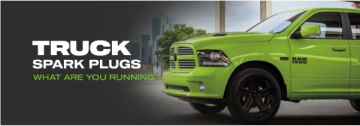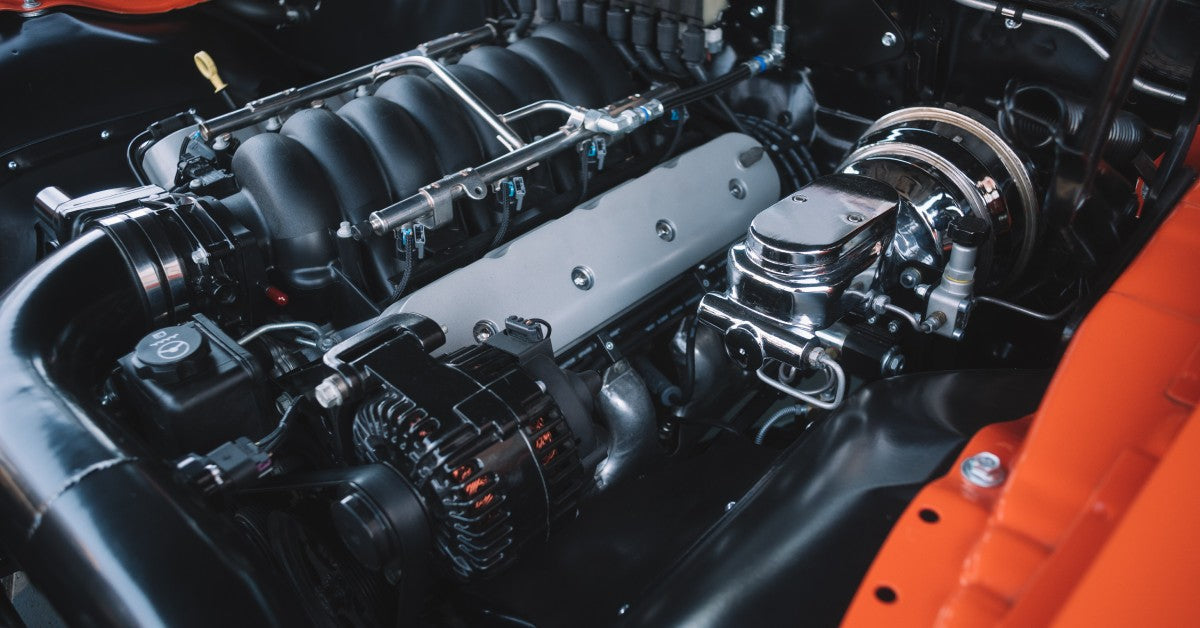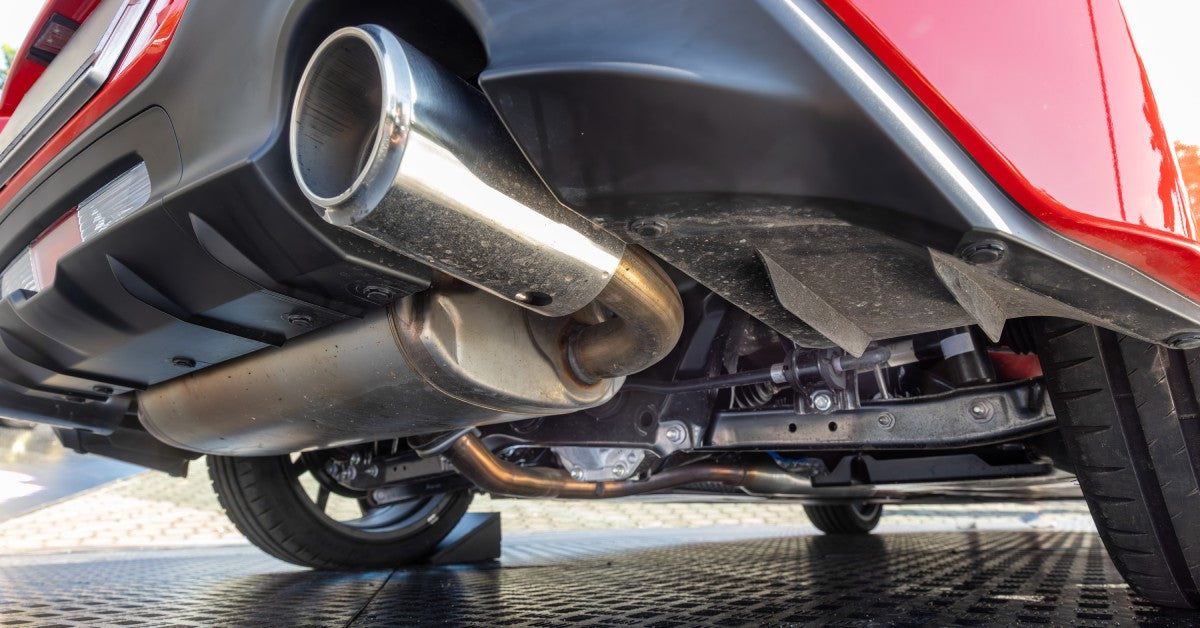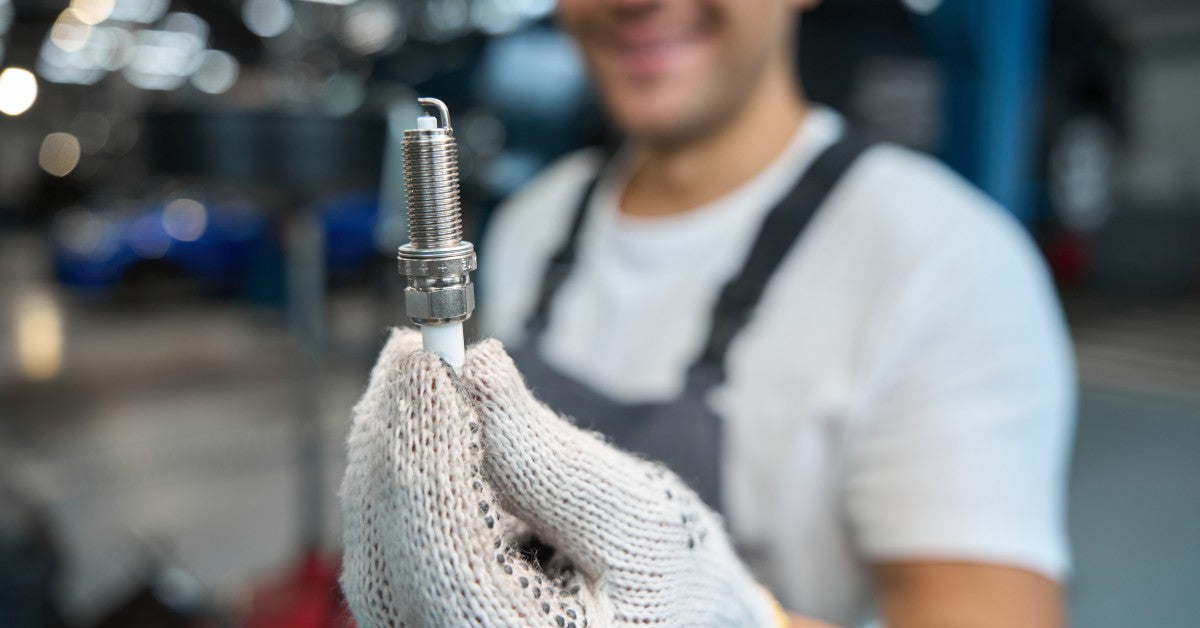
As writers explore the future of autonomous transportation, there has alway been the question of what to do with the steering wheel. It will likely be as obsolete as the buggy whip was after Henry Ford released the Model T. Most automakers have already shown us futuristic interior designs where all the passengers face one another with zero concern for the road. Some commercial transit companies have suggested that their driverless pods (or shuttle buses) would still employ someone who is responsible for trip. However, an announcement this week involving billions in investment funding may provide clues as to what the future could look like.
SoftBank Group, a Japanese telecommunications conglomerate and parent company of SoftBank Robotics, struck a deal with Uber to invest $10 billion dollars in the San Francisco-based ride share company. Uber had already been mentioned with other transportation companies like Lyft, FedEX and UPS as likely players in a driverless world of transit. In a recent interview with Bob Lutz, the semi-retired auto industry executive who worked with Ford, Chrysler, General Motors and BMW, he predicted that driving an automobile in public could be prohibited within twenty years. His comments were based on the growing cost of automotive accidents related to human error as well as the change of consumer attitudes about catching a ride rather than driving themselves.
SoftBank explained the multi-billion dollar investment to be part of their 300-year business plan for developing long-term partnerships with the most superior companies in the information industry. That's a mouthful of marbles. Some experts speculate that autonomous shuttles or pods could be a perfect application for the company's Pepper robotics and artificial intelligence software. About two years ago, SoftBank installed its humanoid robot (called Pepper) at hundreds of its mobile phone stores. The humanoid, which was not developed as a functional robot for domestic use, has multiple cameras, touch sensors, 3-D imaging and bumper sensors.
Pepper's purpose is to recognize facial expressions and vocal tones and respond accordingly. It is programmed to learn personality traits as well as individual tastes and habit. In a nutshell, Pepper's job is to inform and make people happy. With the capacity to move about autonomously, could SoftBank's technology become the eyes, ears and voice of a future world filled with autonomous vehicles? Or, is the $10 billion investment truly targeted to help Uber win the pricing war with competitors like Lyft? Only time will tell.
Photo courtesy of dreamstime.com







